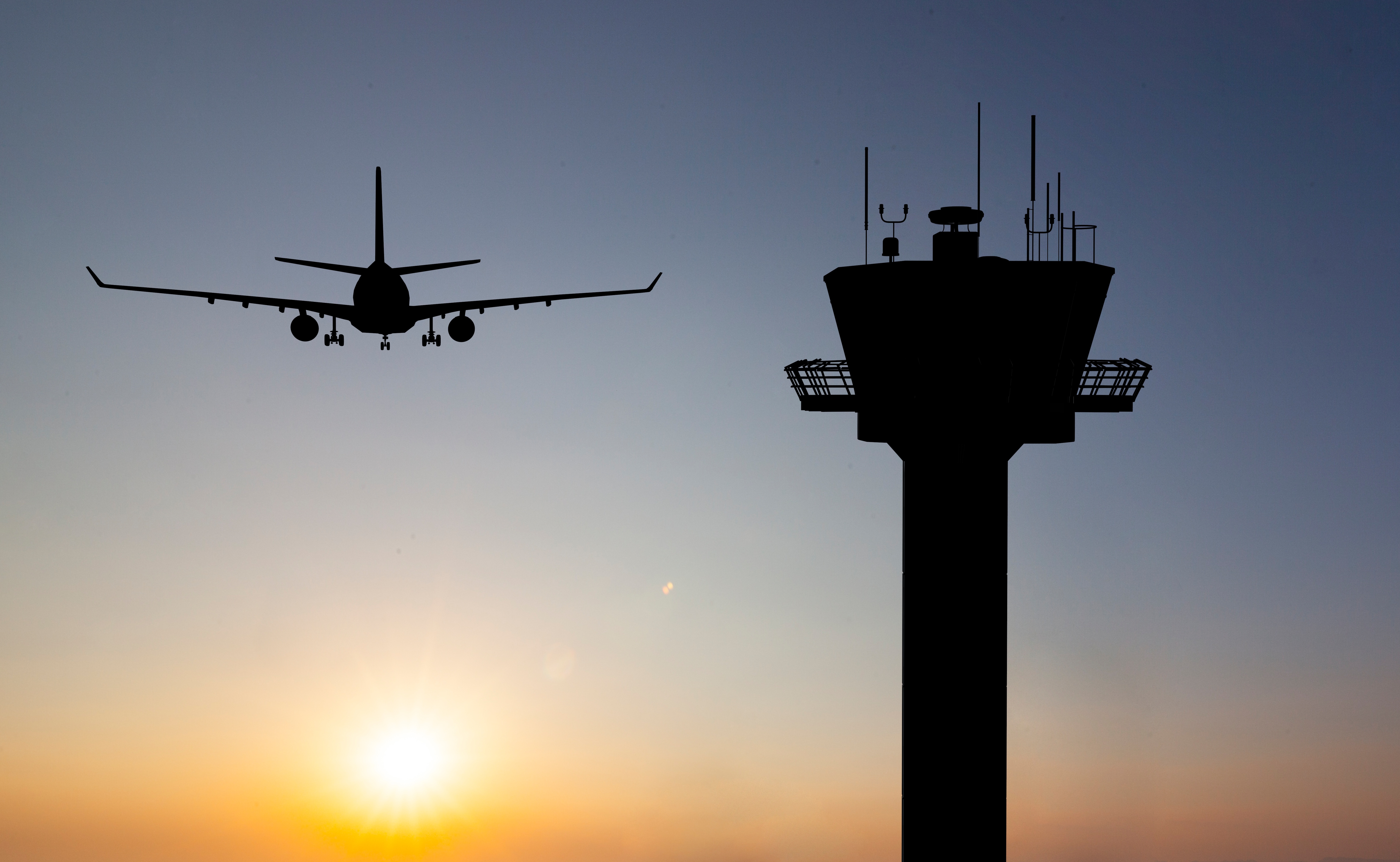Why You Need an Aircraft Dispatcher
Being a pilot isn’t easy. Flying passengers and cargo, taking them through the clouds from one destination to another and you need to do it safely. You can’t do that alone. There is an entire crew, onboard and off, that work hard making sure the flight goes safely.
As an Airline Transport Pilot, one of your most important crew members is the aircraft dispatcher. Without them, much of the flight would not be possible. These people hold an essential role in the safety of flights. Aircraft dispatchers are very different from air traffic controllers.
While the job may seem glorious preparing flights for take-off it requires much more concentration than people realize. In shifts usually from 8-10 hours dispatchers are watching anywhere from one to more than a dozen flights en route, making sure each flight stays safe from take-off to landing.
Here is what an aircraft dispatcher is in charge of for the pilot and the rest of the crew:
Flight Planning
As a pilot in training, you may or may not know that the aircraft dispatcher is the one who creates the flight plan. They must be aware of weather, national crises, volcanic ash, and much more. The plan created by the dispatcher will include a weather report, conditions in the field, a pilot report (PIREP), a terminal aerodrome forecast (TAF), meteorological terminal aviation routine (METAR), and a notice to airmen (NOTAM). Once completed this report must then be signed off by both the aircraft dispatcher and the pilot. When the report is signed this gives authorization for departure and dispatch of the flight.
Weather Monitoring
One of the first tasks a dispatcher must complete is checking the day’s weather. Throughout the rest of the shift the dispatcher must also keep track of any weather changes at any time throughout a flight. This is one of the most important tasks an aircraft dispatcher will have throughout their shift to be sure that information is accurate, and all flights arrive to their destination safely.

Fuel PlanningÂ
The aircraft dispatcher is also in charge of computing the amount of fuel needed in an aircraft. The dispatcher must consider the distance, the weather, any air traffic constraints, and maintenance limitations. They must make sure that the amount of fuel given to each plane will last them until their final destination. All required guidelines must be followed in planning fuel such as FAA and company guidelines.
Fulfilling Requests
The dispatcher is there on command to give any advice and information they can for the pilot. Pilots may sometimes request help or information on landing. This is now made simple for dispatchers to quickly give pilots information through different monitoring tools used. Before the pilot even asks for information the dispatcher can give it to them from the tools used.
Communication
Before departing a dispatcher will often move between planes that they are in control of during their shift to speak with the pilots. They must give them navigation information and communicate any guidelines from the flight plan to ensure safety. Throughout flight the dispatcher must stay in communication with the pilots advising them of any changes to the flight plan. Sometimes the dispatcher must decide what to do during flight and communicate this to the pilots if any safety hazards or changes happen without warning. This can sometimes include flight pattern change due to weather or even an emergency landing.
Being an aircraft dispatcher requires extreme concentration throughout long shifts, but it is one of the most important positions. Without this position safety and efficiency with information would quickly slip through the cracks. Aircraft dispatchers are known as the “pilots on ground” – without them flights would be nearly impossible. Always be sure to listen carefully and thank the dispatcher working with you during flights.


